Optimal Timing for Waterproofing Services
Waterproofing is a critical process to protect structures from water intrusion, which can cause damage, mold, and structural weakening. Proper timing ensures the effectiveness and longevity of waterproofing applications, reducing the risk of future repairs and associated costs.
Spring offers moderate temperatures and increased moisture levels, making it suitable for waterproofing projects before heavy rainfall.
Warm, dry conditions in summer allow for optimal curing and adhesion of waterproofing materials.
Autumn provides cooler temperatures and less humidity, ideal for completing waterproofing before winter.
Winter is generally unsuitable due to freezing temperatures and snow, which hinder application and curing processes.
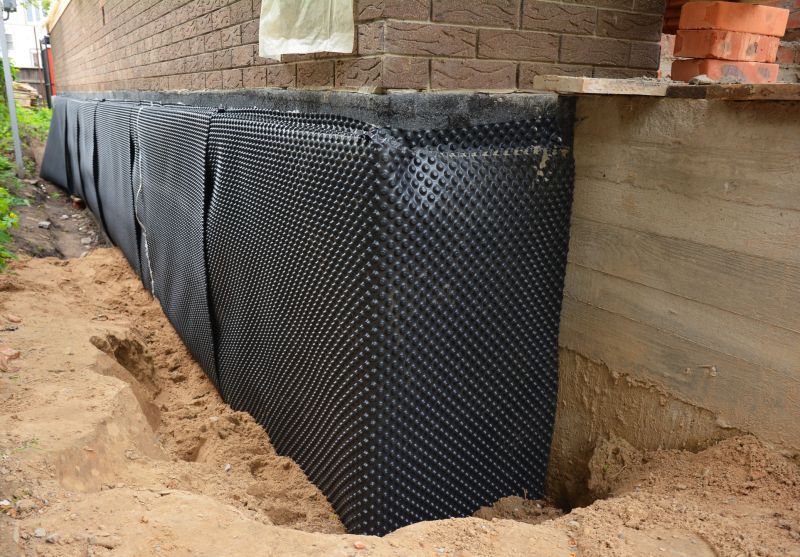
A contractor applying waterproofing membrane during spring conditions.
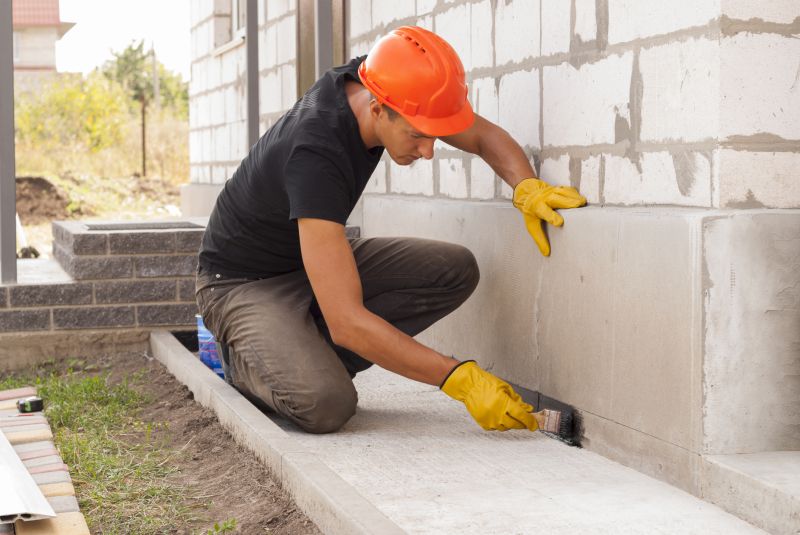
A worker sealing a foundation in warm weather.
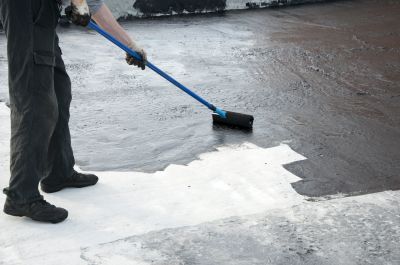
Preparation of surfaces for waterproofing before winter.
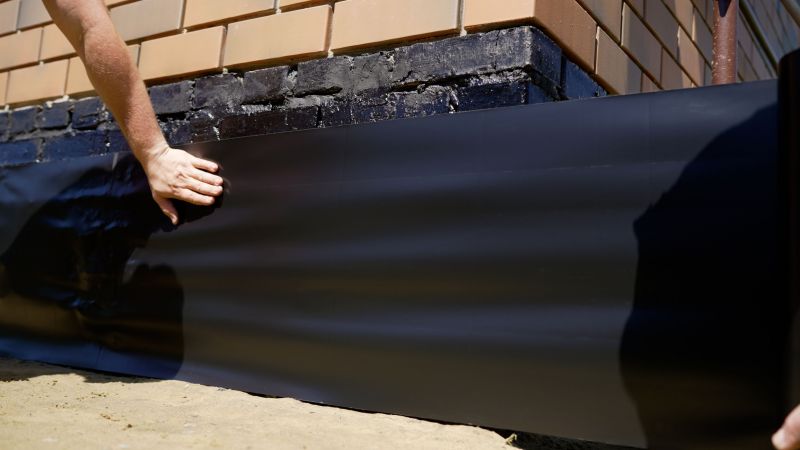
Frozen surfaces and snow complicate waterproofing efforts.
Waterproofings involve the application of specialized materials designed to prevent water penetration in various structures, including foundations, roofs, and basements. These materials include membranes, coatings, sealants, and barriers, each suited to different environmental conditions and structural needs. Properly timed waterproofing can significantly extend the lifespan of a building, reduce maintenance costs, and protect interior spaces from water damage.
Common materials include liquid membranes, bituminous coatings, and rubberized membranes, each offering different benefits based on application needs.
Temperature, humidity, and precipitation levels influence the effectiveness and curing of waterproofing products.
Applying waterproofing at the right time ensures better adhesion, longer durability, and optimal performance.
Cracks, dampness, and water stains are indicators that waterproofing may be required or needs renewal.
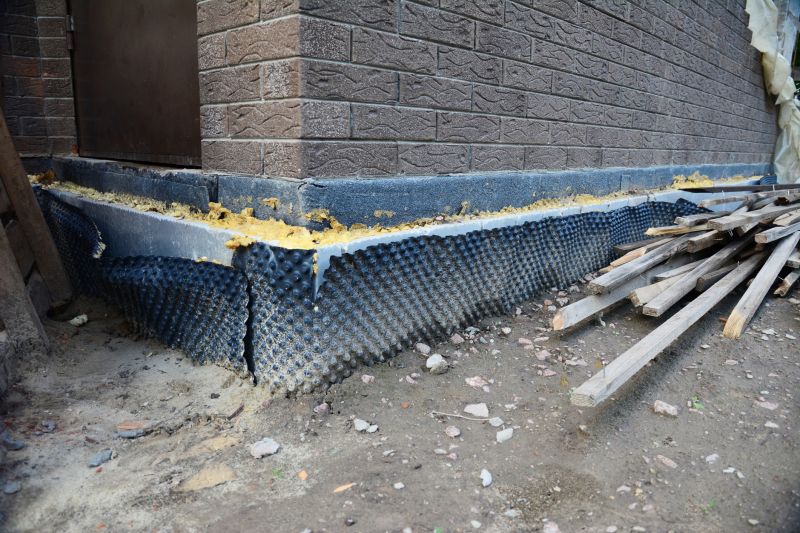
Applying a membrane to a foundation wall.
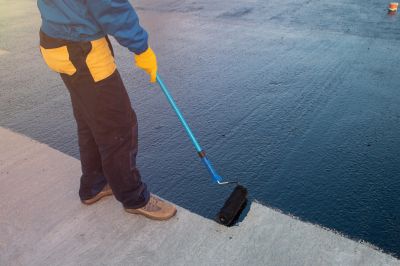
A technician applying waterproof coating on a roof.
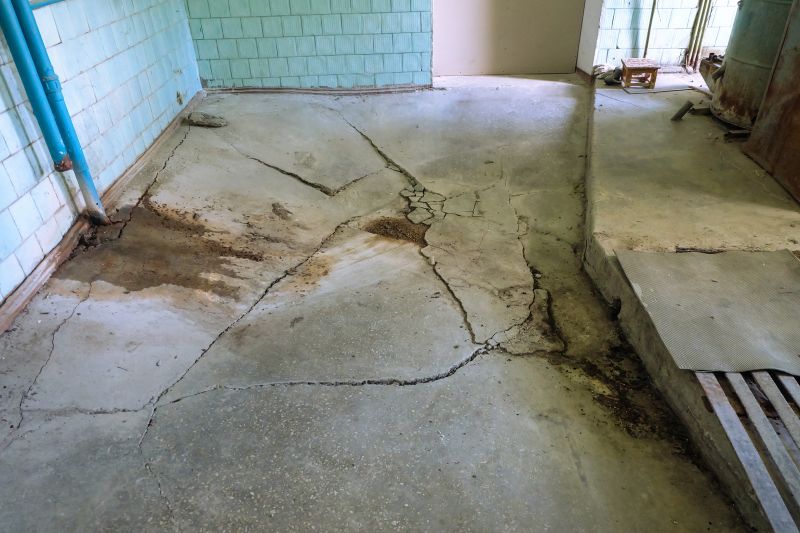
Using sealants to prevent water ingress.
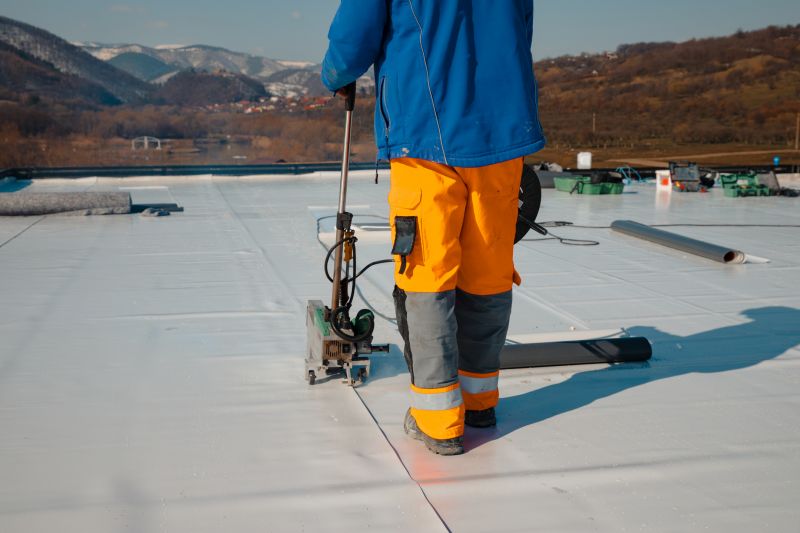
Workers installing waterproof barriers on a commercial building.
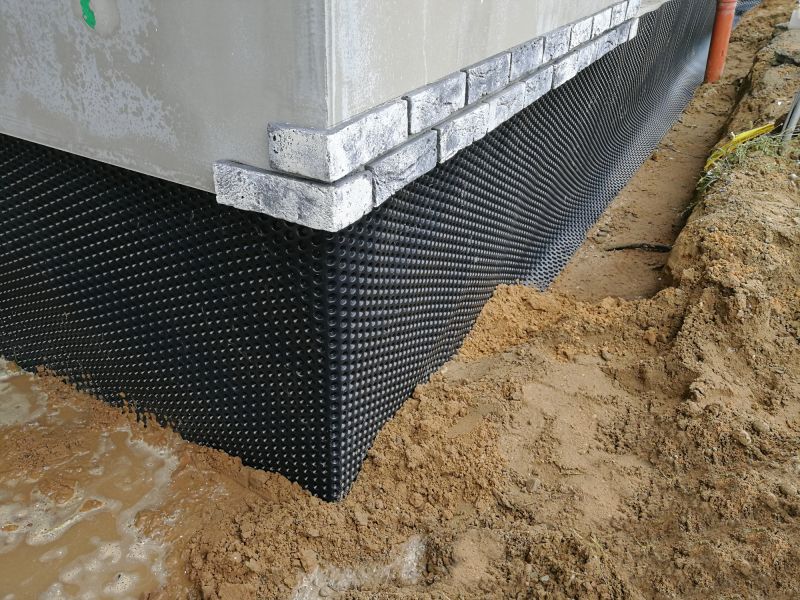
Protecting below-grade structures from water.
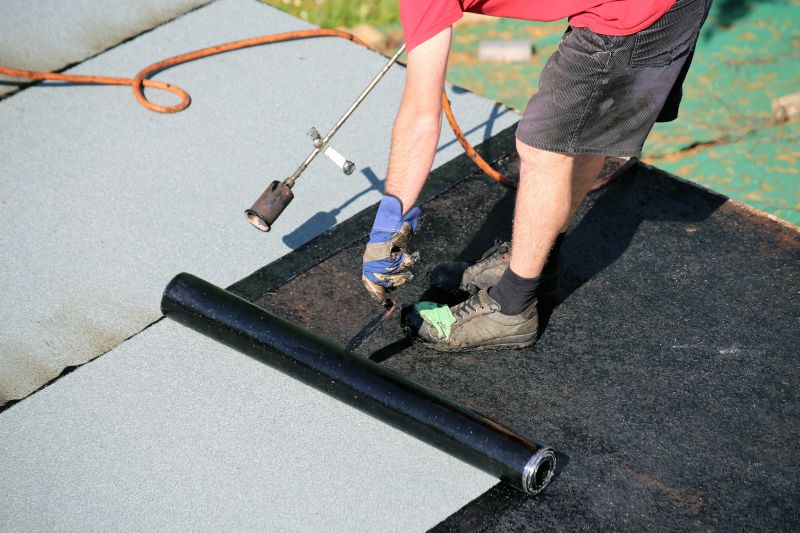
Applying waterproof membranes on rooftops.
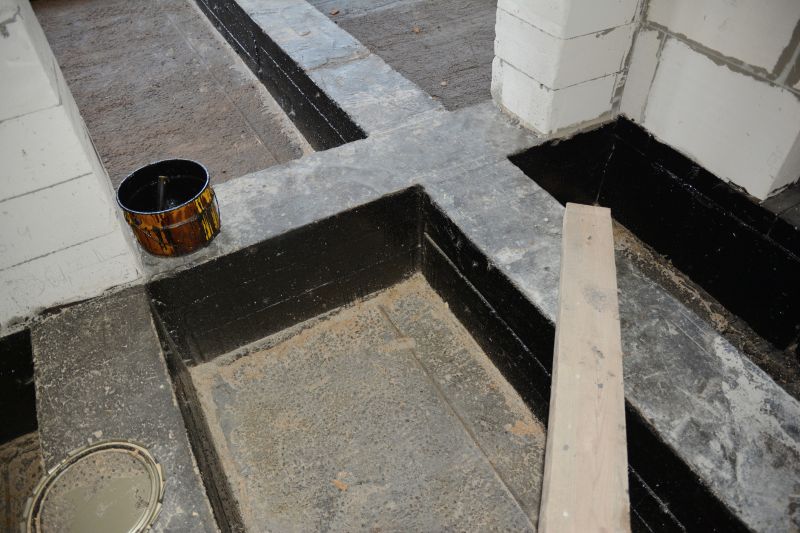
Interior and exterior waterproofing methods.
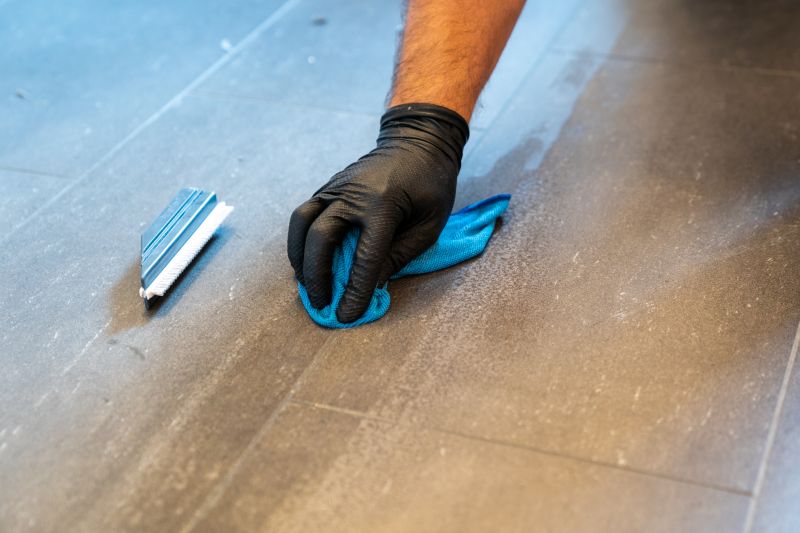
Various waterproofing products and tools.
| Season | Ideal Conditions |
|---|---|
| Spring | Moderate temperatures, increased moisture |
| Summer | Warm, dry weather for optimal curing |
| Autumn | Cooler temperatures, less humidity |
| Winter | Freezing temperatures, snow, and rain unsuitable |
Timing waterproofing projects appropriately enhances their effectiveness and durability. Understanding seasonal conditions helps in planning applications when environmental factors are most favorable, ensuring long-lasting protection against water intrusion. Consulting with waterproofing specialists can provide insights tailored to specific structural needs and local climate patterns.
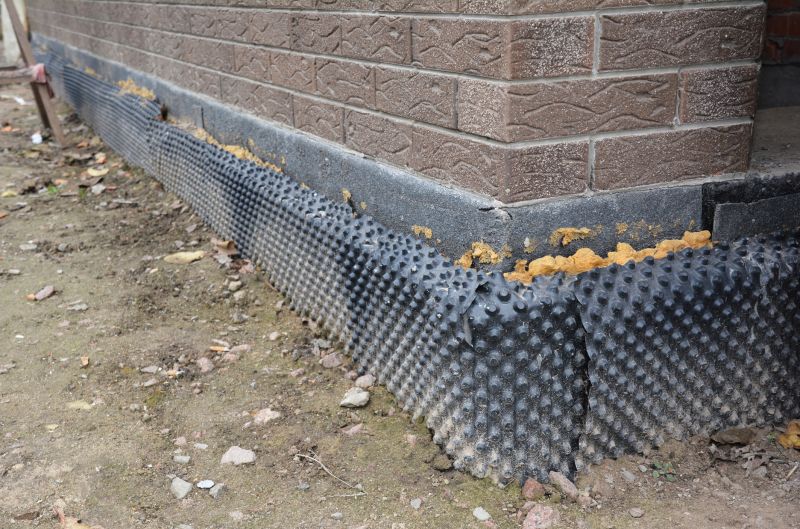
A membrane being installed during spring weather.
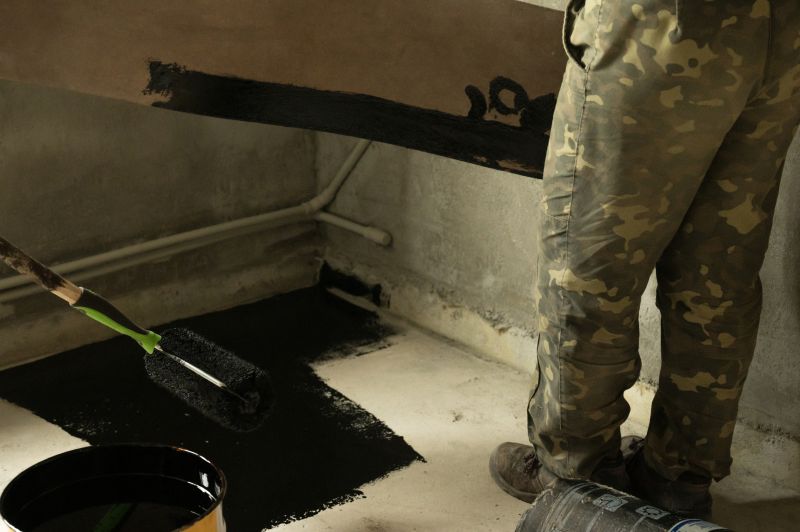
Application of waterproof coating on a roof.
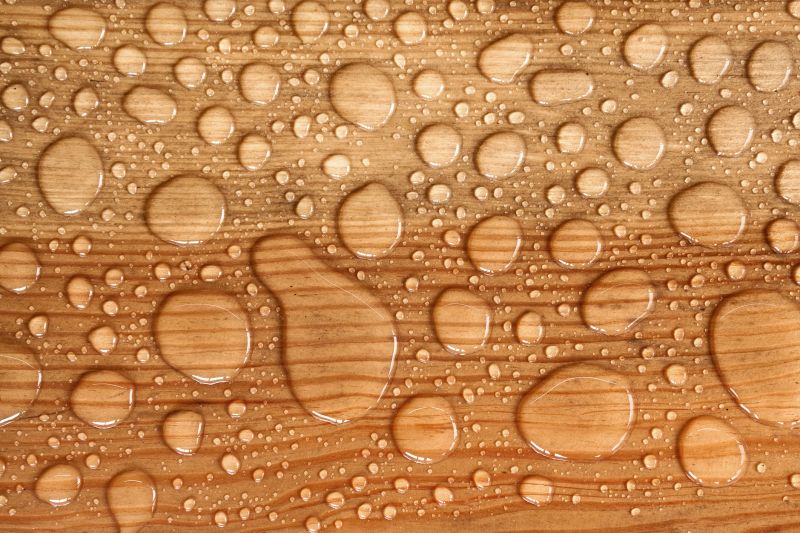
Preparation of surfaces before winter.
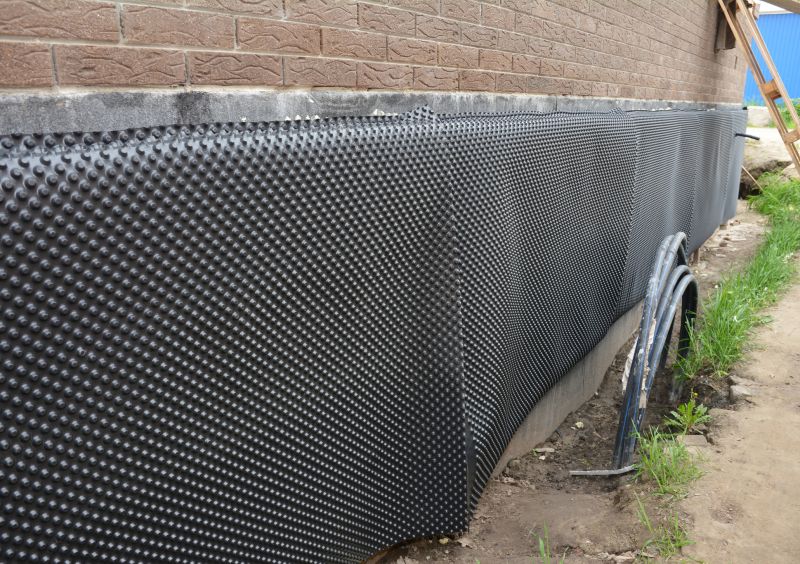
Simple add-ons that improve Waterproofings without blowing the budget.
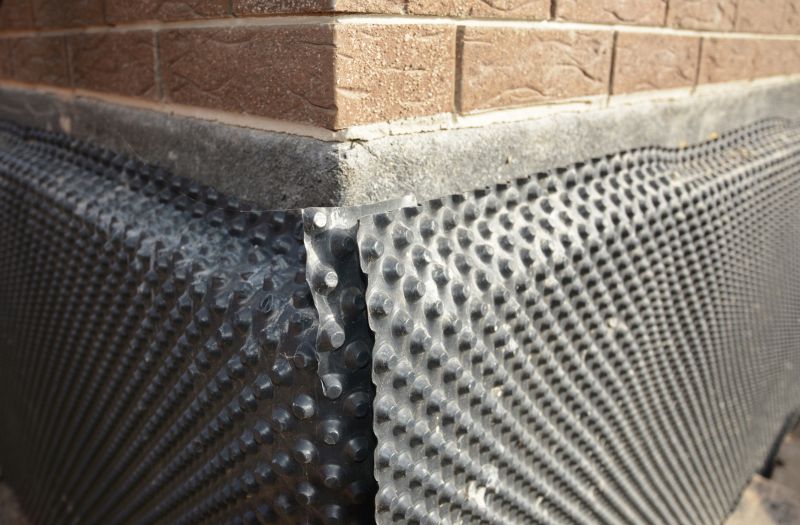
High-end options that actually feel worth it for Waterproofings.
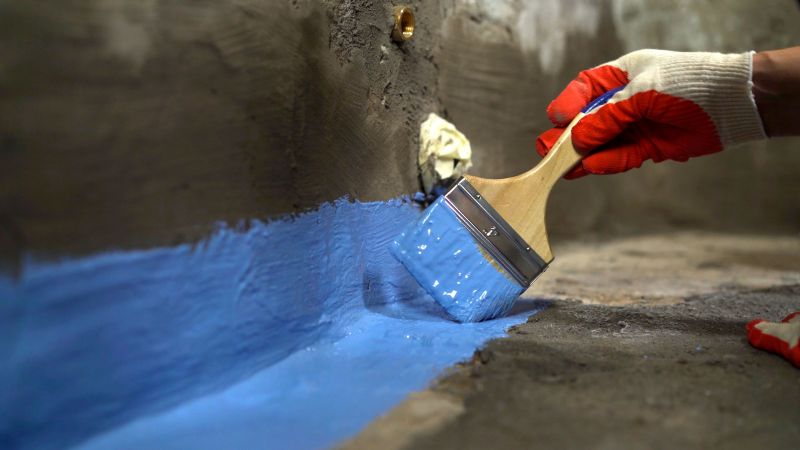
Finishes and colors that play nicely with Waterproofings.
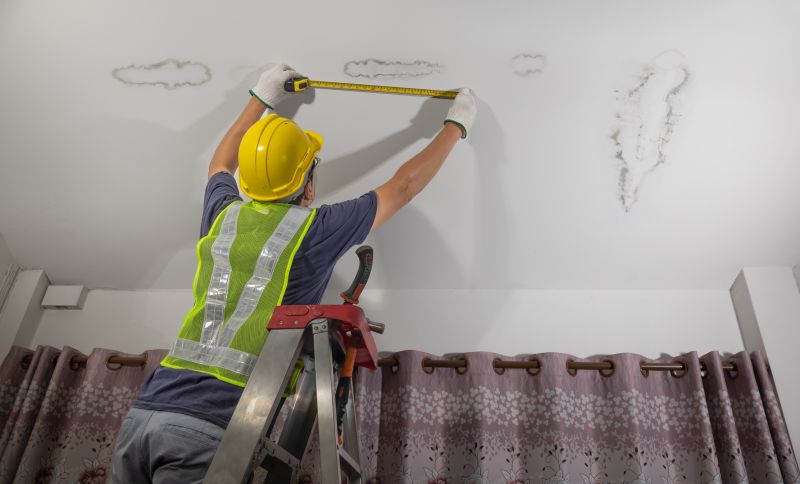
Little measurements that prevent headaches on Waterproofings day.
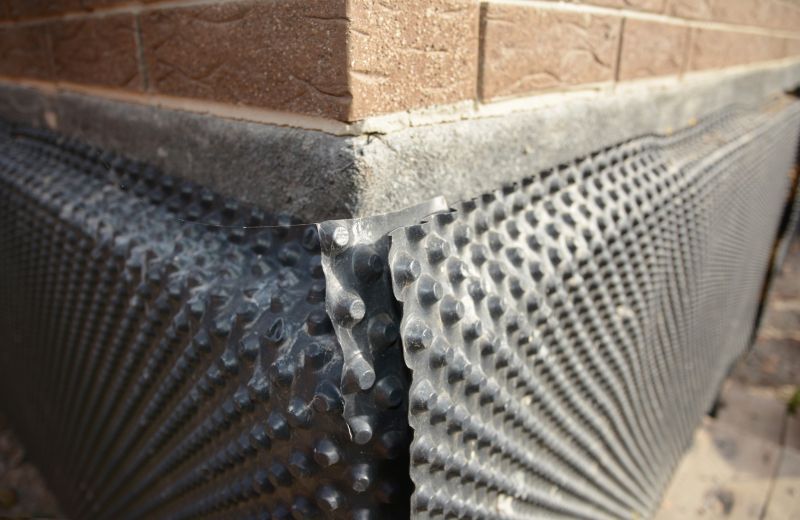
A 60-second routine that keeps Waterproofings looking new.
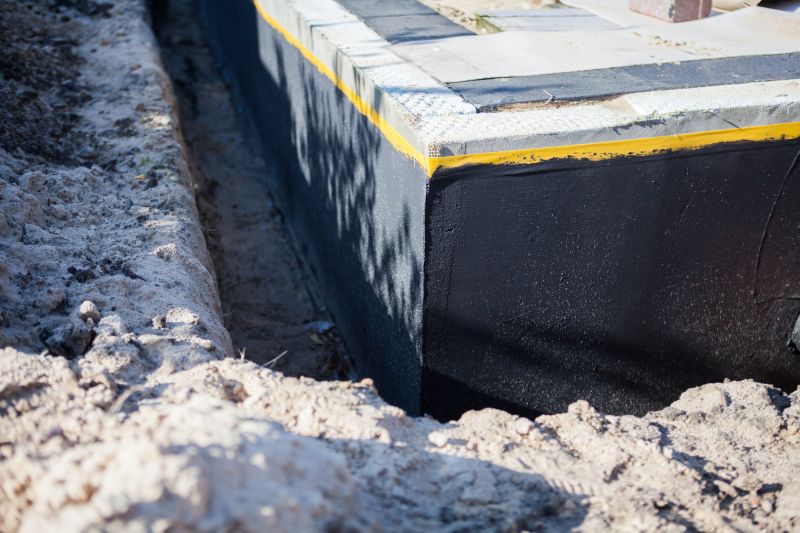
A frequent mistake in Waterproofings and how to dodge it.
Choosing the right time for waterproofing can prevent water damage, structural issues, and costly repairs. Proper application during suitable weather conditions ensures the longevity and performance of waterproofing materials, providing effective protection for buildings and foundations.
Interested in waterproofing solutions? Filling out the contact form can connect individuals with experienced professionals to discuss project needs and scheduling options.

